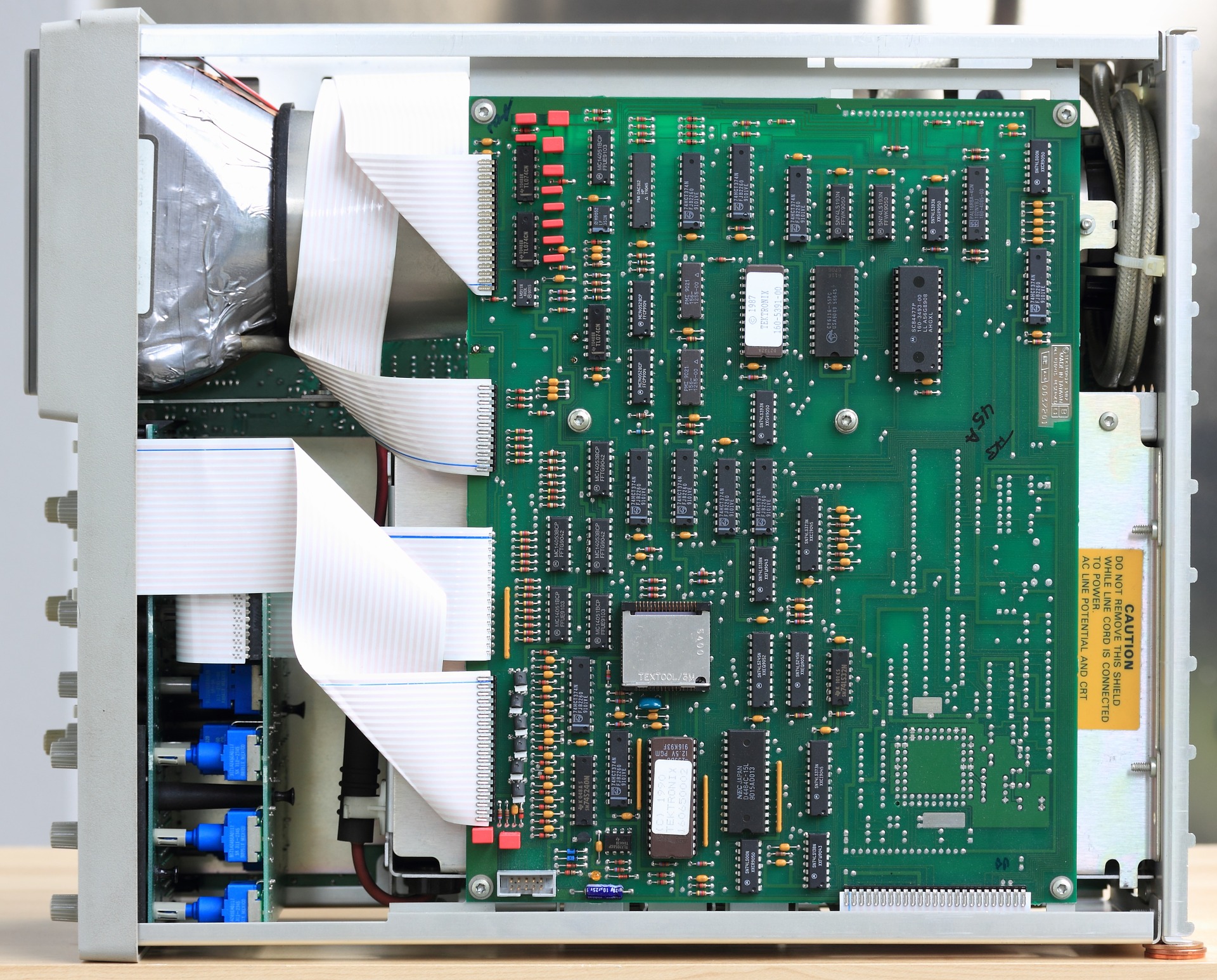ASCII – used for text. Data, if necessary, converted from the symbolic representation of the host sender in “eight-bit ASCII”, and (again, if necessary) in the symbolic representation of the receiving host. As a consequence, this mode is not suitable for files that contain not only the plain text.
Image mode (commonly referred to as a binary) – the sending device sends each file byte by byte, and the receiver stores the byte stream upon receipt. Support for this mode has been recommended for all implementations of FTP as shown by Computer Security Companies Sydney.
EBCDIC – used for transmission of plain text between hosts encoded EBCDIC. Otherwise, this mode is similar to ASCII mode. Local mode – allows two computers with identical settings to send the data in its native format without conversion to ASCII. For text files, a variety of formats and settings control record structure are provided. These features were designed to work with files containing Telnet or ASA formatting.









